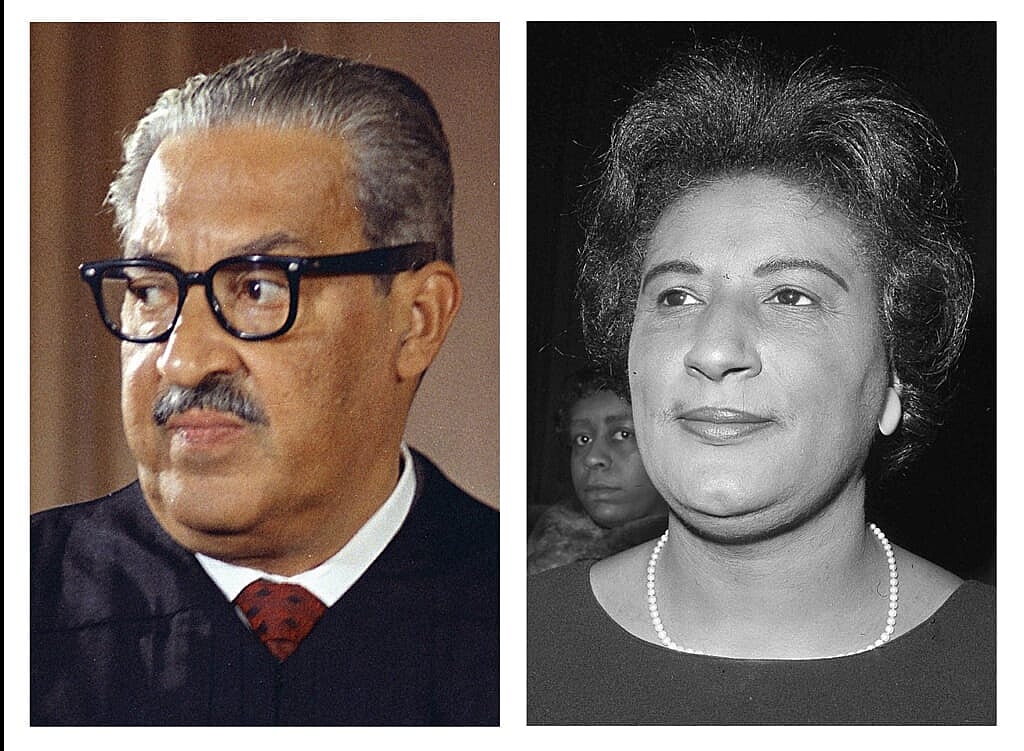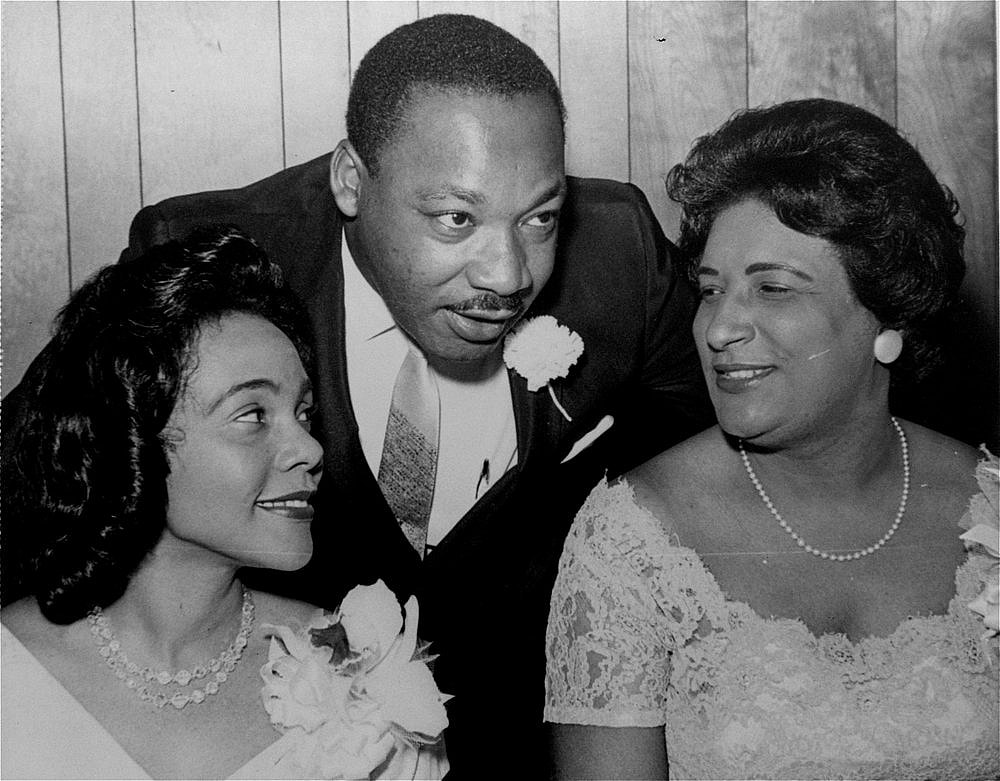The NAACP Legal Defense and Educational Fund launched a $40 million scholarship program on Monday to support a new generation of civil rights lawyers, dedicated to pursuing racial justice across the South.
With that whopping gift from a single anonymous donor, the fund plans to put 50 students through law schools around the country. In return, they must commit to eight years of racial justice work in the South, starting with a two-year post-graduate fellowship in a civil rights organization.
Read More: Beyoncé partners with NAACP on pandemic housing grants
“The donor came to us,” said Sherrilyn Ifill, president of the Legal Defense and Educational Fund. “The donor very much wanted to support the development of civil rights lawyers in the South. And we have a little bit of experience with that.”
Indeed, the LDF has been backing civil rights lawyers ever since its founding by Thurgood Marshall in 1940, during an era when Black people rarely had effective legal representation and Black students were turned away from southern universities. It funded the creation of Black and interracial law firms in several southern states in the 1960s and 1970s, and has built a network of lawyers since then.

Reflecting the urgency of these times, the fund has set an application deadline of Feb. 16, giving this fall’s incoming first-year law school students less than a month to make their cases for the opportunity.
“While without question we are in a perilous moment in this country, we are also in a moment of tremendous possibility, particularly in the South,” Ifill said. “The elements for change are very much present in the South, and what needs to be strengthened is the capacity of lawyering.”
The LDF chose Martin Luther King Day to announce the Marshall-Motley Scholars Program, named for the Supreme Court justice and for Constance Baker Motley, who was an LDF attorney just a few years out of Columbia University Law School when she wrote the initial complaint that led to the court’s Brown v. Board of Education ruling outlawing racial segregation in public schools. She later became the first Black woman federal judge.
“Our country continues to be plagued with racial injustice, and we need Nonviolent Warriors who are prepared and equipped on all fronts to deal with it — especially on the legal front,” the Rev. Bernice King said in a statement supporting the program. “It will allow the LDF to make greater strides on behalf of the Black community for generations to come in the area of racial justice, just as they did during the movement led by my parents.”

The New York-based LDF, which has offices in Washington, also announced Monday that it will open a regional office in Atlanta as part of a renewed effort to fulfill the promise of that 1954 ruling. “We still have the largest desegregation docket outside the Justice Department,” more than 100 cases stemming from Brown v. Board of Education that still haven’t been closed, LDF Associate Director Janai Nelson said.
Educational inequity, impediments to voting, racial and economic injustice, the policing crisis and confronting the resurgence of overt white supremacy are just some of the challenges these lawyers will face, said Nelson, adding: “We feel this program is a timely antidote to this particularly violent history that has resurfaced.”
Read More: HBCUs to be a part of star-studded inaugural ‘WE ARE ONE’ event and parade
The LDF shared a statement from Cecilia Marshall, the justice’s 92-year-old widow, who said the fund is especially meaningful to her “because of Thurgood’s powerful partnership with lawyers across the South who served with him as co-counsel on so many consequential civil rights cases.”
And Joel Motley, the late judge’s son, said he’s delighted that his mother’s legacy will live on through “well-trained and committed litigators” who “will defend the rights of Black people across the South, dismantling the structures of white supremacy.”
Have you subscribed to theGrio’s new podcast “Dear Culture”? Download our newest episodes now!
TheGrio is now on Apple TV, Amazon Fire, and Roku. Download theGrio today!

